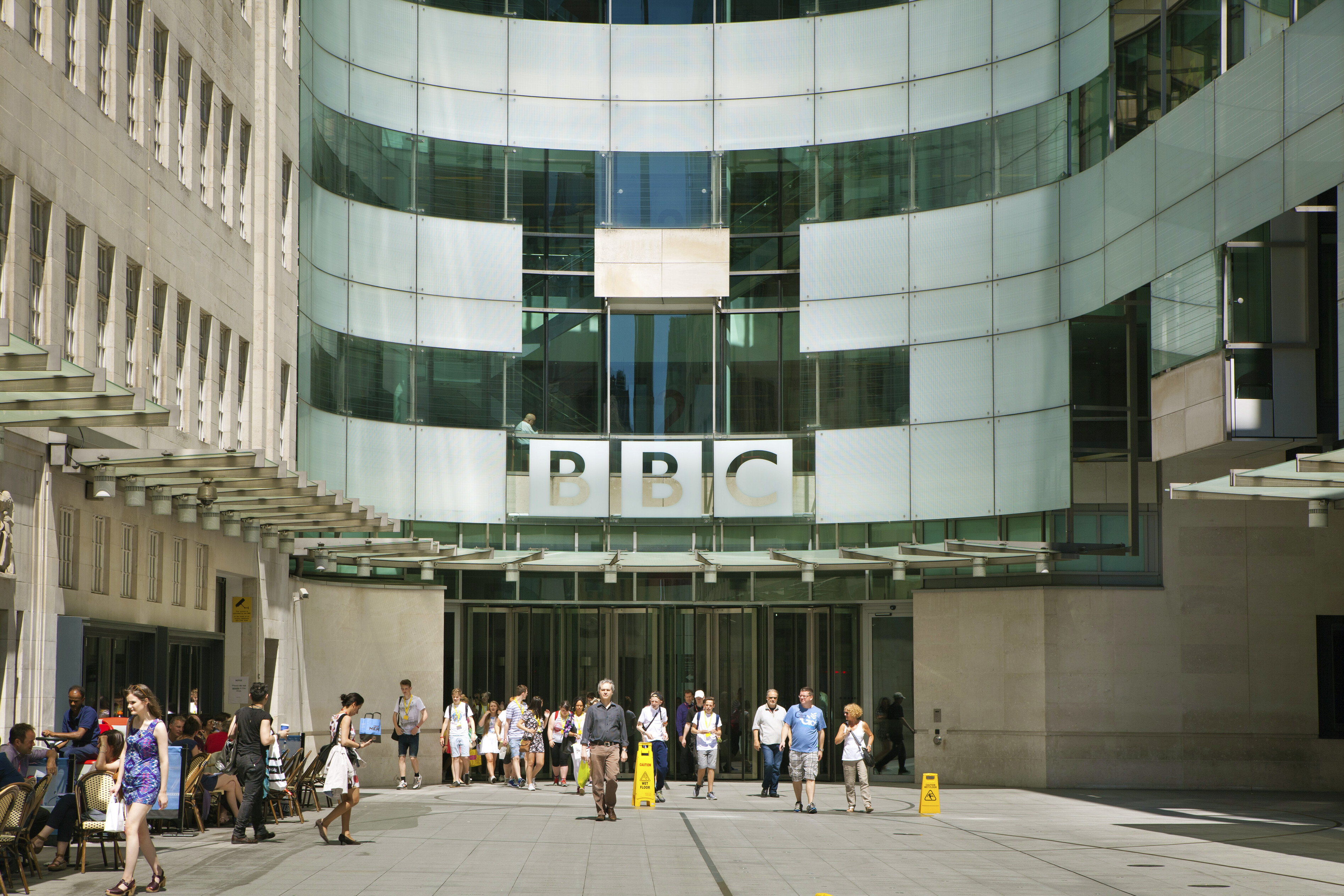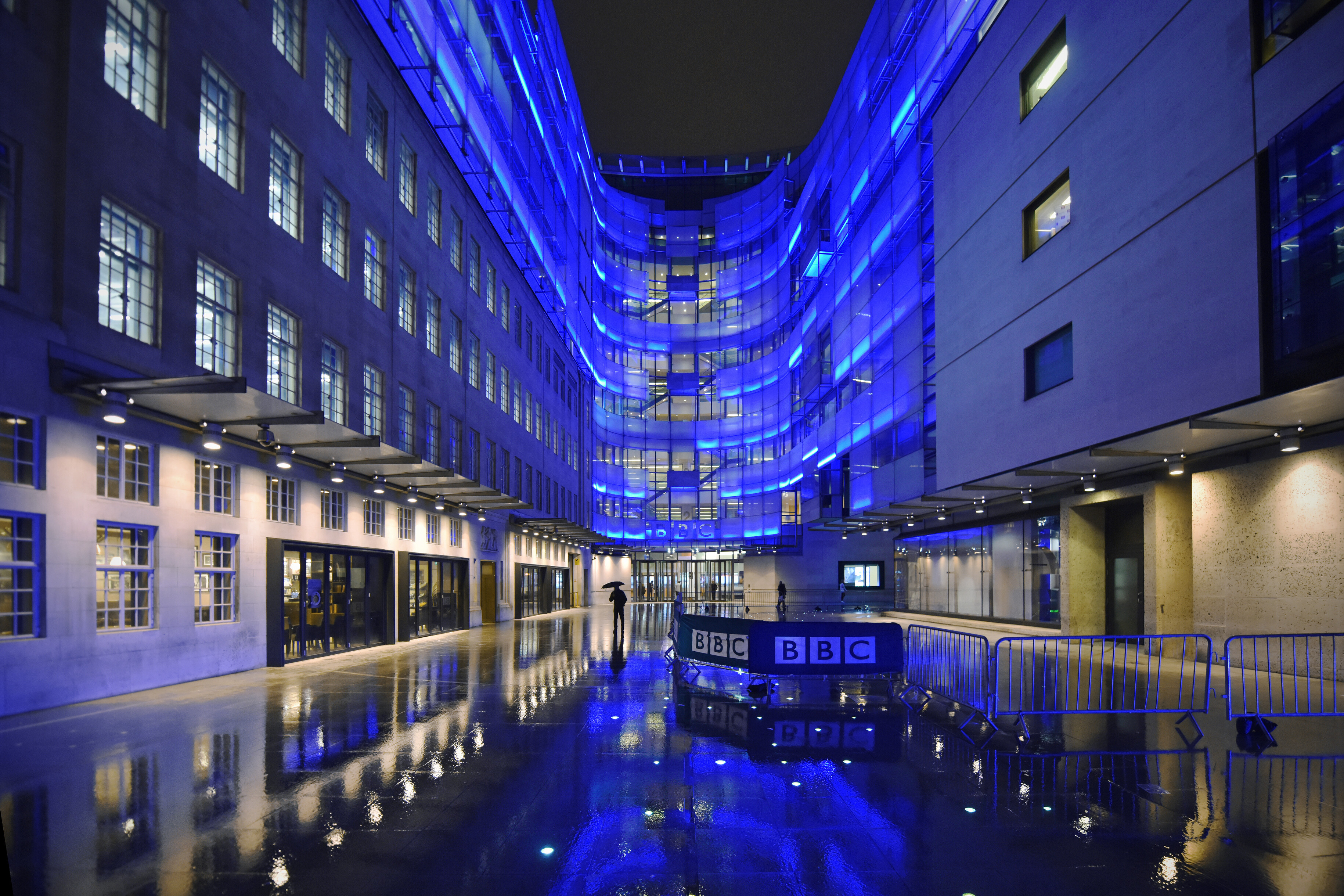Press Release
Boris Johnson’s comment about scrapping the TV Licence during an election Q&A demonstrates a complete lack of understanding about what public media is and how it is funded.
Public media is about more, far more, than entertainment. It’s a national media system that brings the public who fund it, accurate, impartial, independent and credible journalism. As a principle, it underpins informed democracy.
In the digital age it provides a multiplatform media space, vital for sharing information at times of crisis and disaster. Since BBC founder, Lord John Reith, invented public broadcasting nearly one hundred years ago, the notion of a media system with those high standards of journalism at its core has been replicated around the world. It’s a great UK export and one that lies at the heart of the success of the UK creative industries.
Licence fee funding for public broadcasting is designed to provide a direct and accountable link between the public and the media organisation. A link inherently intended to ensure that our news and information remains free from political and commercial influence and interference.
The fact that the UK, largely via the BBC but also Channel 4 and ITV with their public service remits, has remained a leader in the field of public media worldwide, should be better understood by the UK’s political leadership. In a globalised media landscape just consider the alternative, where our media comes from non UK based digital tech giants, some of which do not even pay their fair share of UK tax and few of which will specifically cover the issues that really matter to life in the UK.
Read more: General election 2019: Johnson ‘could look at’ abolishing BBC licence fee
Header Image: BBC Broadcasting House in central London. Credit: IR_Stone/iStock
Related Posts
25th October 2019
Focus on PSM | The challenges facing the BBC
Concerns over transparency, relevance,…
1st October 2019
BBC Director General reverses decision on complaint against presenter
The BBC’s Editorial Complaints Unit…
22nd June 2019
BBC announces change to free licences for over-75s
The BBC announced that it will fund…

